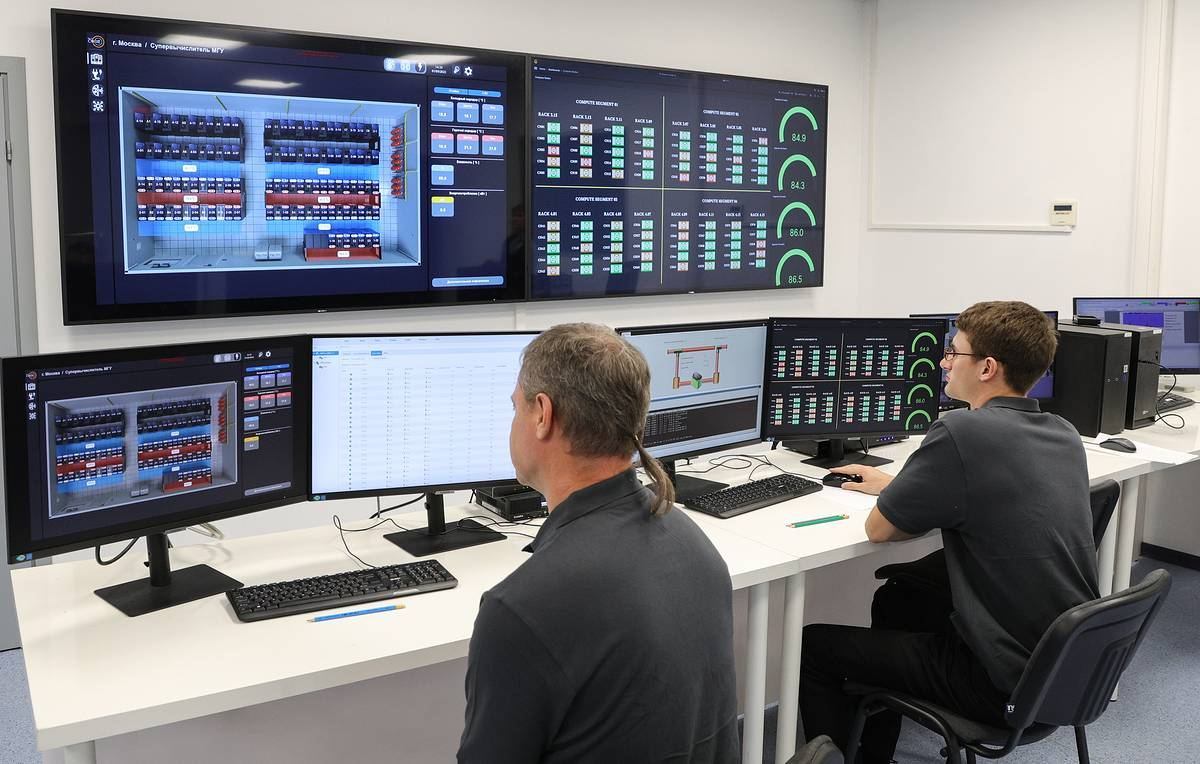

We live in an era of rapid changes, when technologies do not just accompany the business, but become its architecture. Software products have long outgrown the role of simple tools. Today they are independent ecosystems that can adapt, analyze, predict and even make decisions. The main engine of this evolution is artificial intelligence.
AI is integrated into the code, interface, logic and behavior of software solutions. He helps to see more, act faster and think deeper. But behind the impressive examples of the present - from voice assistants to generative platforms - a much larger picture of the future is already emerging. What awaits us? What will the programs become after 5, 10 or 20 years?
On the blog Adveniyarowx We study not only the technology of the present, but also the power of those ideas that form tomorrow. In this article - about what the future of artificial intelligence in software products will be, what the developers should prepare for and how the very nature of the interaction of man and code will change.
Today, AI in the software mainly automates repeated actions: sorts letters, distributes applications, offers answers. But tomorrow the systems will become self -governing: They will be able to independently choose a strategy, adjust the algorithms depending on the situation, study on their own mistakes.
Such solutions already appear in the form of autonomous business agents, which not only act according to the script, but are also able to rewrite it if they see inefficiency. The software becomes not just an executor, but an adviser and strategist.
The future of AI is not only the mind, but also intuition. The software will not only know who you are, but what you think. It will adjust the interface, script, logic and behavior to the habit of a particular user.
Imagine a CRM system that changes the structure of the client’s card depending on the work style of a particular manager. Or an educational platform that adapts the material to the pace of perception of each student. This is not fiction - this is personalization of the next level.
With the development of generative AI, we are witnessing birth self -recorded systems . Already today, platforms like Github Copilot help developers write code faster. But in the future, in the future, it will be able to design architecture, offer new functions, test and unfold solutions yourself.
This will not cancel the role of developers, but will change it. From writing lines - to the design of principles, from execution - to supervision. In this context, a new class of specialists appears: AI designers, synthesizing functionality, logic and ethics into one whole.
As the autonomy intensifies and the influence of software products, there is a need for built -in ethical counterattacks . In the future, it will not only take into account user experience, but also monitor compliance with ethical principles: honesty, non -discrimination, security, transparency.
Decisions based on AI will have built -in filters, blocks, introspection and feedback mechanisms aimed at ensuring justice and trust from the user.
Software products of the future will not live in isolation. They will become part of smart networks Where each application shares knowledge, exchange data and learns from others. This is already happening in the field of the Internet of things, but it will develop much wider - in the management of cities, logistics, production, finance.
Such software does not think as a separate module, but as a node in a single intellectual field. Interaction becomes the basis of effectiveness, and collective training is the norm.
AI changes software in the same way as electricity once changed production, and the Internet-communication. It turns the system from a set of instructions into a living, sensitive and learning body.
On the blog Adveniyarowx We see a future where programs not only fulfill tasks, but become full participants in the development of business, society and culture. Where a person and the machine work not opposite each other, but side by side.
To be prepared for this future, it is important today to rethink the approach to technology. Not as to costs, but as partners. Not like mechanics, but as a meaning. And then artificial intelligence will not replace us - he will make us better.
At first glance, it became clear that the developers have thought through every detail of the software. It's cool, and the intuitive interface makes work a pleasure.